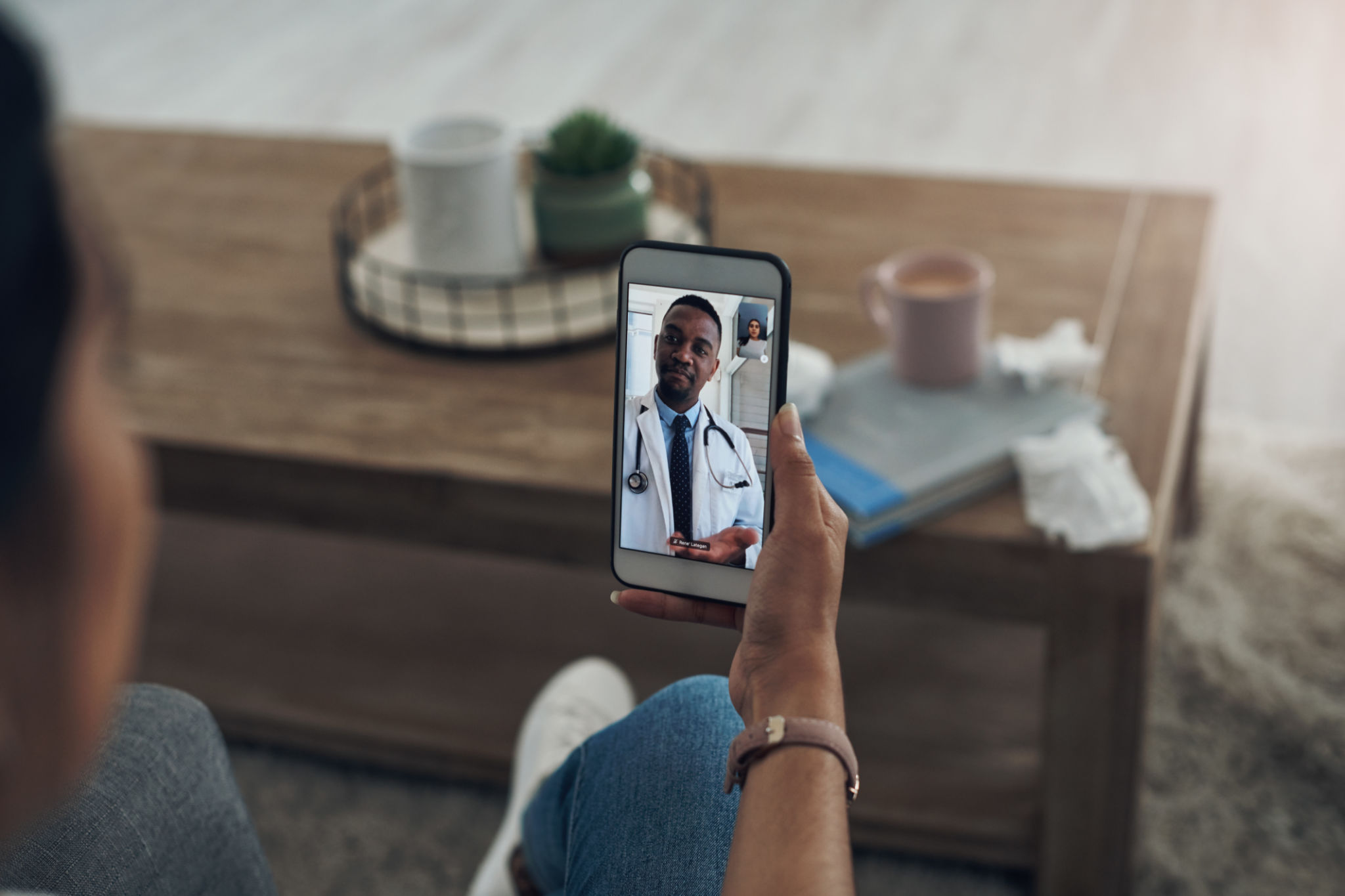Bridging the Gap: How Healthcare Providers Can Connect with Diverse Communities
Understanding the Importance of Diversity in Healthcare
In today's multicultural society, healthcare providers are increasingly challenged to connect with diverse communities. This connection is essential not only for delivering effective care but also for building trust and understanding. Acknowledging and respecting cultural differences can lead to improved health outcomes and patient satisfaction.

Healthcare providers must recognize that cultural backgrounds influence how individuals perceive health, illness, and treatment. By understanding these perspectives, providers can tailor their communication and treatment plans to better meet the needs of their patients.
Cultural Competence: A Key Component
Developing cultural competence is crucial for healthcare providers looking to bridge the gap with diverse communities. Cultural competence involves recognizing one's own cultural biases, understanding the cultural backgrounds of patients, and integrating this awareness into practice. This can be achieved through ongoing education and training.
Healthcare organizations can foster cultural competence by offering workshops, seminars, and training sessions that focus on cultural awareness and sensitivity. Encouraging staff to learn about different cultural practices and beliefs can also enhance the level of care provided.

Language Barriers and Accessibility
Language barriers are a significant hurdle in delivering quality healthcare to diverse communities. Providing language support services such as interpreters or translation technology can help overcome this challenge. This ensures that patients fully understand their diagnoses, treatment options, and medical instructions.
Building Trust through Community Engagement
Engaging with local communities is an effective way for healthcare providers to build trust and understanding. Participating in community events, health fairs, and educational workshops allows providers to connect with individuals in familiar settings. This not only improves relationships but also increases awareness of available healthcare services.

Collaborating with Community Leaders
Partnering with community leaders and organizations can strengthen the connection between healthcare providers and diverse communities. These leaders often hold significant influence and can act as liaisons, helping to communicate the needs and concerns of their communities to healthcare providers.
- Organize focus groups with community leaders to gather insights.
- Collaborate on health initiatives tailored to specific cultural needs.
- Create culturally relevant educational materials to improve health literacy.
Embracing Technology for Better Communication
Technology offers innovative solutions for bridging the gap between healthcare providers and diverse communities. Telemedicine, mobile health apps, and online patient portals can enhance accessibility and convenience for patients from various backgrounds.
These digital tools should be designed with cultural relevance in mind, providing information in multiple languages and considering different levels of digital literacy. By embracing technology, healthcare providers can extend their reach and provide more personalized care.

Ultimately, bridging the gap between healthcare providers and diverse communities requires a commitment to understanding, respect, and collaboration. By prioritizing cultural competence, engaging with communities, and leveraging technology, healthcare providers can improve care delivery and foster a more inclusive environment for all patients.
